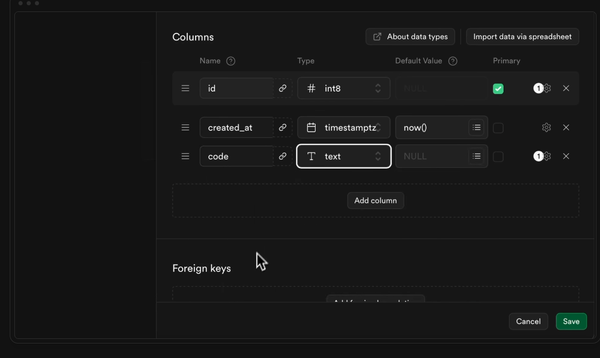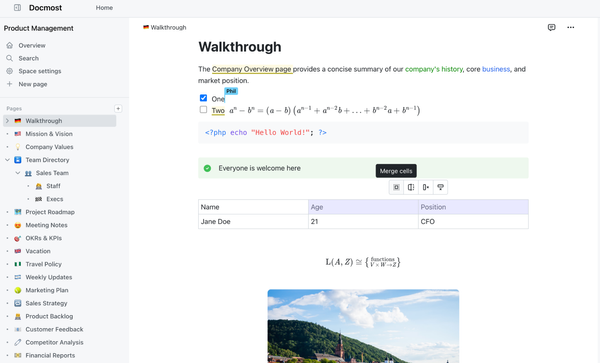Joomla in 2024, is it Dead? A Legacy CMS Facing Modern Challenges
Table of Content
Is Joomla CMS Dead? A Reflection on Its History, Success, and Struggles in 2024
Joomla CMS launched in 2005, quickly becoming one of the most popular open-source content management systems. Known for its flexibility and user-friendliness, it powered millions of websites.
Joomla won multiple awards and attracted developers for its extensive library of extensions and templates, making it a go-to for businesses, blogs, and eCommerce platforms alike.
Many flocked to Joomla for its ease of customization and the strong community supporting its development. It was seen as an ideal middle ground between WordPress (simple but limited) and Drupal (powerful but complex).

Why Joomla Struggles to Fit Today
Despite its initial success, Joomla has faced challenges adapting to the modern web development landscape. While WordPress evolved into a dominant platform with a massive user base, and new technologies like headless CMSs and static site generators gained popularity, Joomla remained tied to older paradigms. It struggled to keep up with evolving user expectations like simpler site-building processes, faster performance, and built-in SEO capabilities.
Another issue is its perceived complexity. Joomla requires a deeper technical understanding than WordPress, deterring non-developer users.
Moreover, developers have gradually shifted toward frameworks like Laravel, React, or full-fledged platforms like WordPress, which offer more comprehensive ecosystems.

Why People Liked Joomla
Joomla was a favorite for several reasons:
- Flexibility: Users could create complex websites without extensive coding.
- Multi-Language Support: Built-in multi-language functionality made it perfect for international sites.
- Community and Extensions: Thousands of extensions provided significant customization options.
- Security: Joomla was seen as more secure than WordPress due to its built-in features and less frequent exploitation.

Is Joomla CMS Dead?
While Joomla is far from dead, its relevance has diminished. It still holds a loyal user base, especially among those who built their sites during its prime. However, it’s hard for Joomla to compete with platforms like WordPress, Shopify, and modern headless CMSs. Its steep learning curve, dwindling developer interest, and limited ecosystem expansion make it difficult for new users to adopt.
In 2024, Joomla faces a tough battle to stay relevant, but its rich history and past success still resonate with web developers who appreciated its power and flexibility. For long-time users, it’s a tool worth holding onto, but for new developers, the allure of faster, more modern solutions might be hard to resist.











